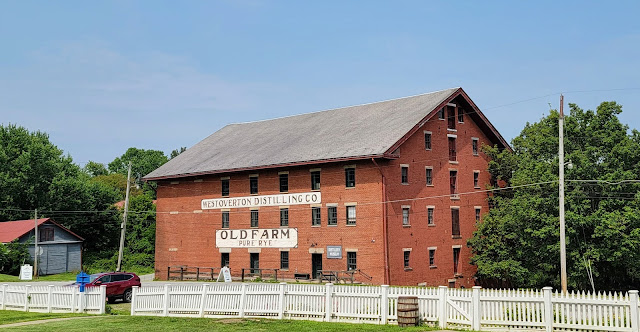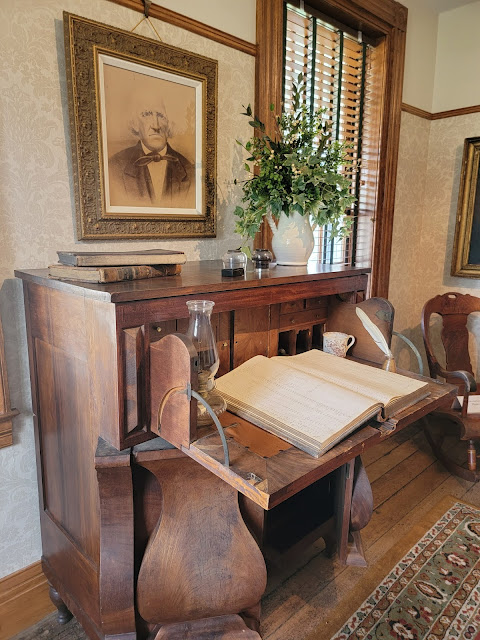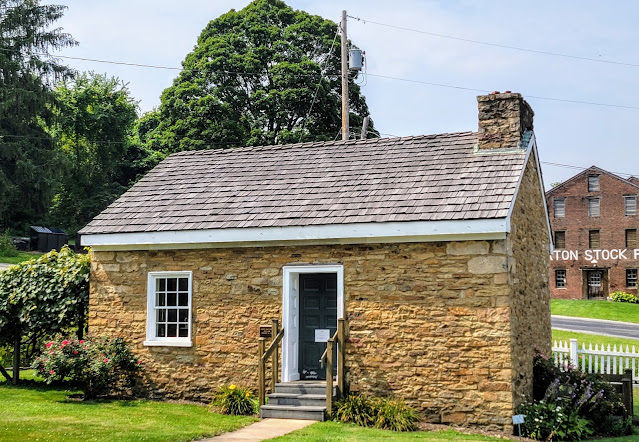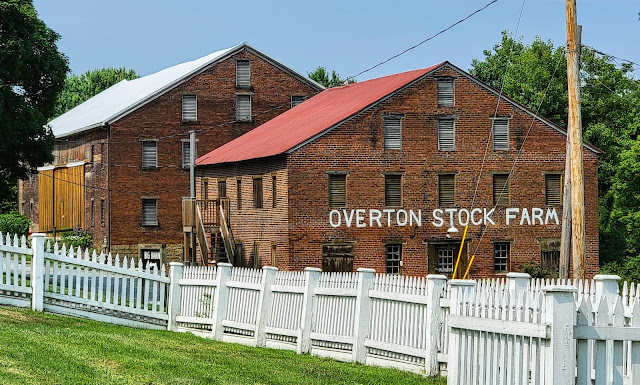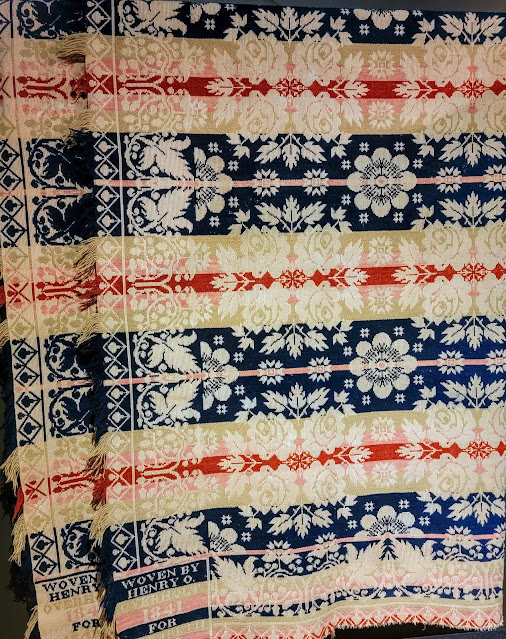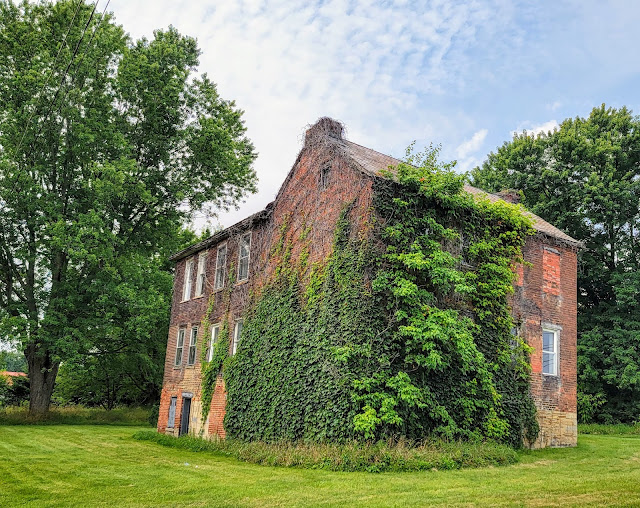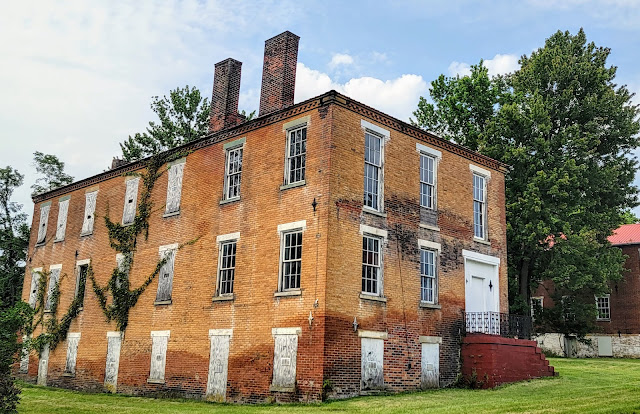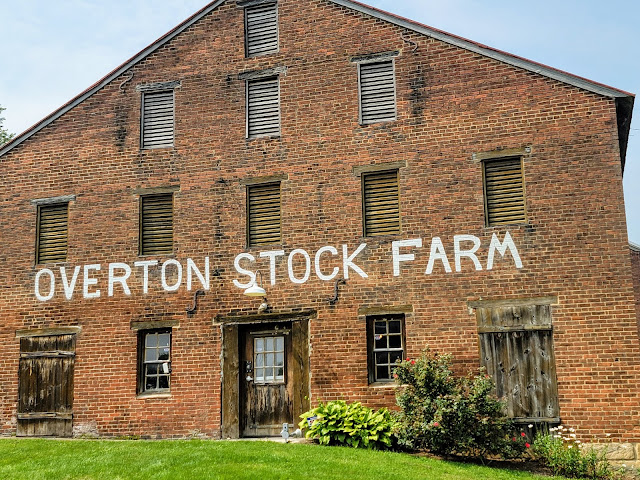First, all that he can be proud of: he was an American industrialist, financier and art patron. After having founded the H.C. Frick & Company coke manufacturing company, he became chairman of the Carnegie Steel Company, financed the construction of the Pennsylvania Railroad and owned a lot of real estate in Pittsburgh, as well as throughout Pennsylvania.
When he died, he willed his Manhattan mansion, its contents, and extensive collection of Old Masters art, furniture, and decorative objects, as a public museum, now known as the Frick Collection and art museum.
But with all the good he brought to America and created as a skilled businessman, he brought significant failings as well. As a founding member of the South Fork Fishing and Hunting Club, he was also in large part responsible for the inadequate alterations to the South Fork Dam that caused its failure, leading to the catastrophic Johnstown Flood and deaths of thousands of working class men, women and children — check out this article MidAtlanticDayTrips published about a daytrip visit to the Johnstown Flood Museum and National Memorial. After the catastrophe, he and other members of the South Fork Fishing and Hunting Club formed a relief committee to provide assistance for victims, but they also collectively stymied and obstructed any serious investigations into the causes of the flood. This tactic worked spectacularly, and they avoided being held liable.
But Frick came from humble beginnings — he was born in a two-room springhouse in West Overton Village, across the street from the original site of distillery of his great-grandfather Henry Overholt and grandfather Abraham Overholt, the namesake of Old Overholt rye whiskey.
West Overton Village was established in 1800 by German Mennonites from Bucks County, who were led by Henry Overholt, Frick’s great-grandfather.
Today, West Overton Village operates as a museum that protects this valuable example of a 19th-century rural industrial village and tells the story of the Overtons and Frick’s humble beginnings.
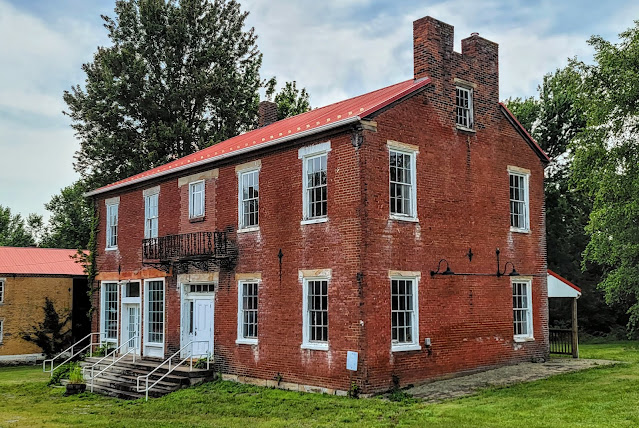 |
| The Christian S Overholt Store and house. |
Getting there: 09 W Overton Rd, Scottdale, PA
Hours: 10 a.m. – 4 p.m., Thursday – Sunday; closed major holidays.
Website: https://www.westovertonvillage.org/
Looking for more fun things to do in the Laurel Highlands? Check out the articles below:
- Cucumber Falls in Ohiopyle State Park
- Fallingwater
- Flight 93 National Memorial
- Fort Ligonier
- Fort Necessity National Historic Site
- Ghost Town Rail Trail
- Great Allegheny Passage Bridge to Bridge Ride
- Hannah’s Town Museum
- Kentuck Knob
- Laurel Highlands Pour Tour
- Laurel Hill State Park
- Linn Run State Park
- Nemacolin Castle Ghost Hunt
- Nemacolin Woodlands Resort
- Lincoln Highway Experience
- Southern Alleghenies Museum of Art – Ligonier
- Westmoreland Art Museum



